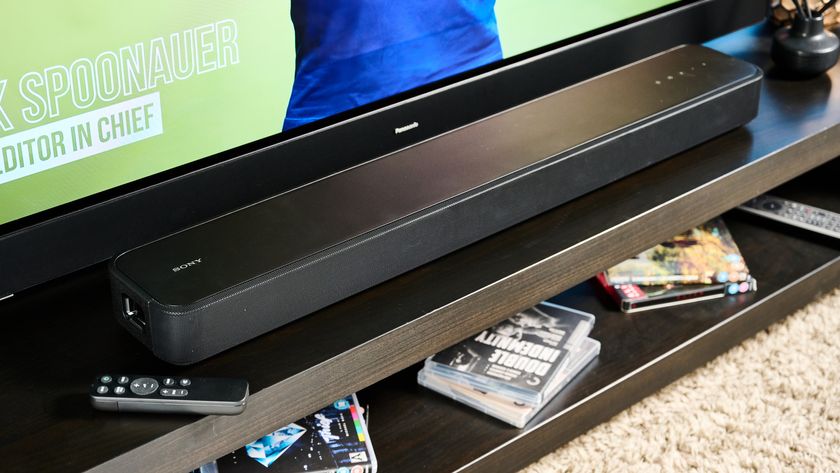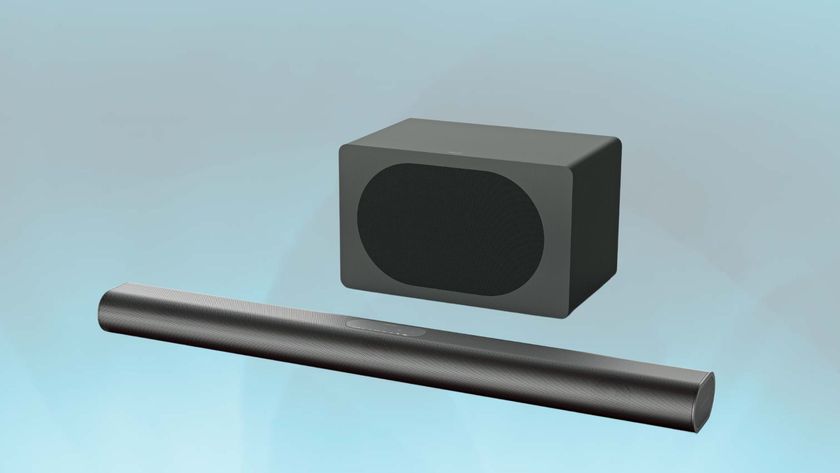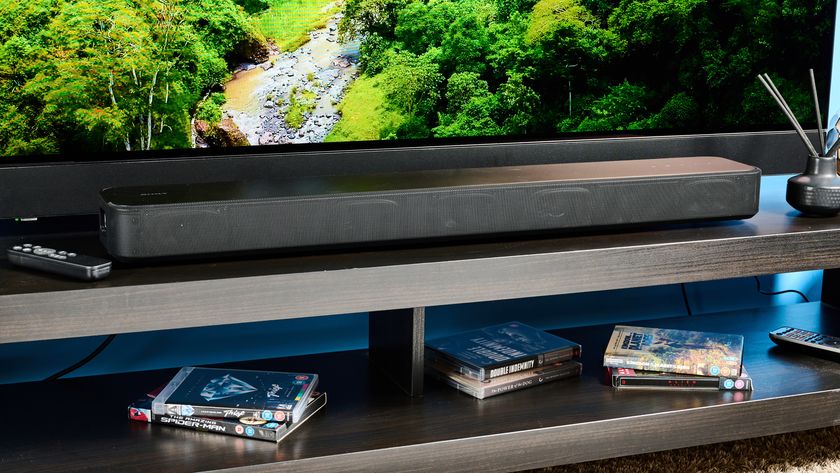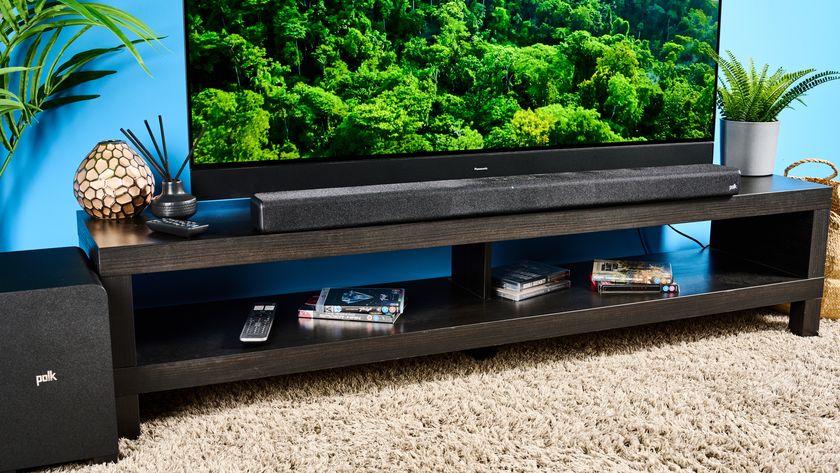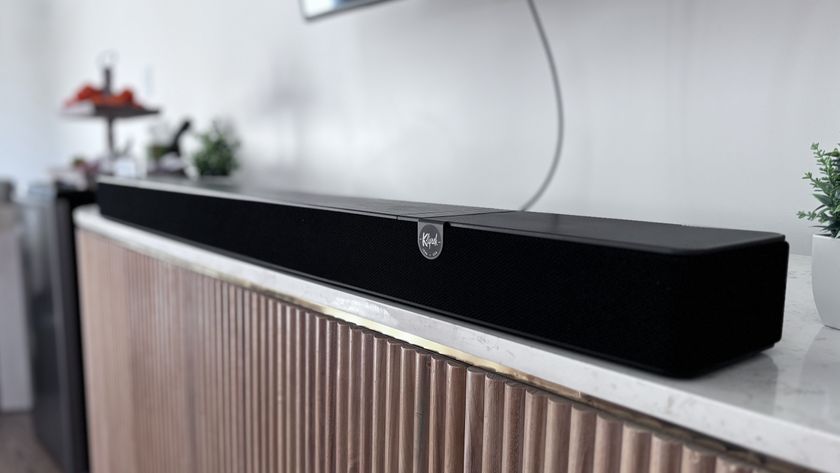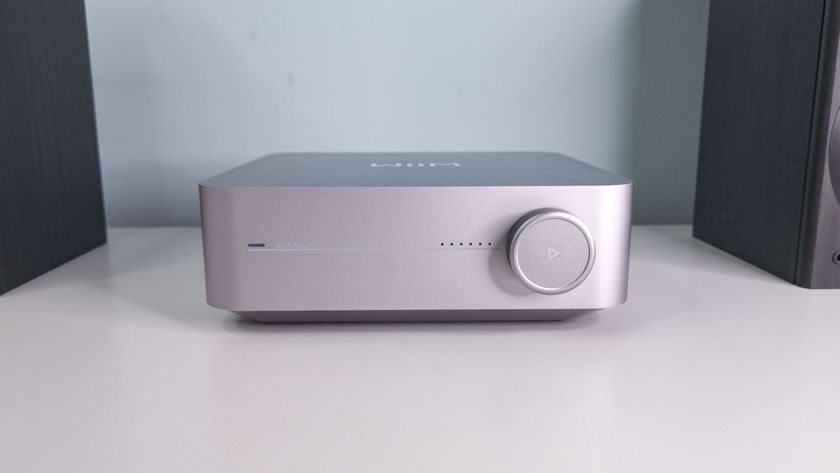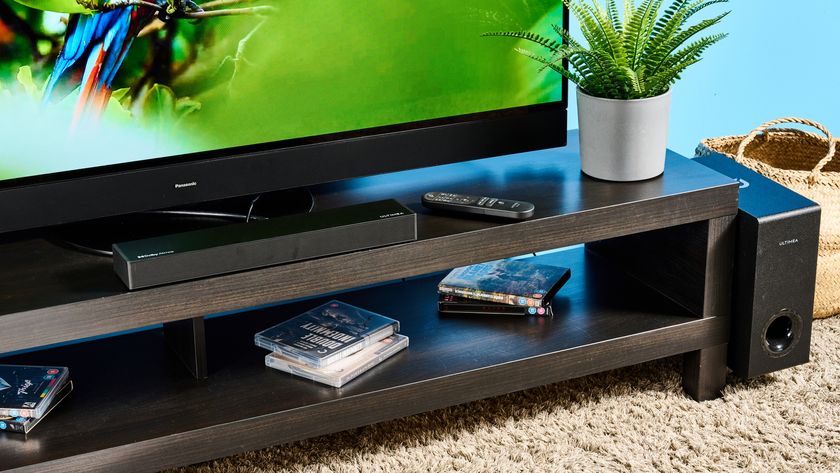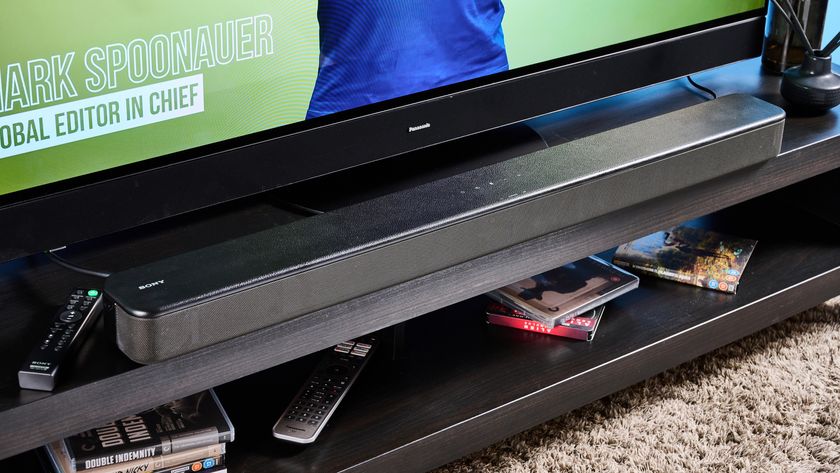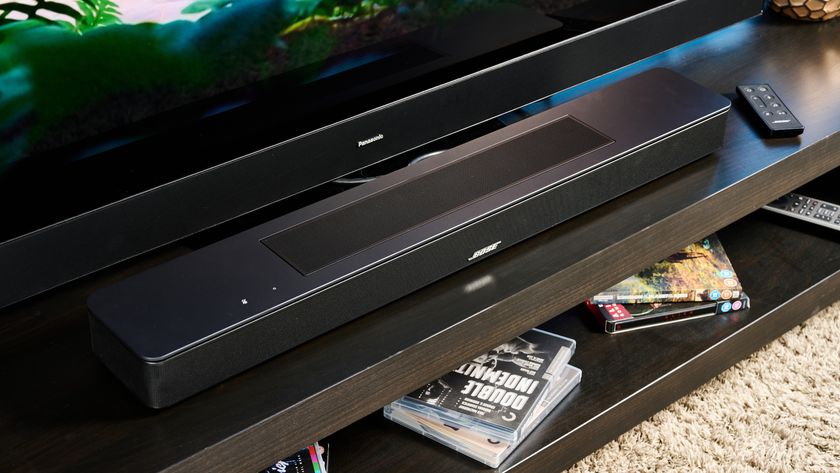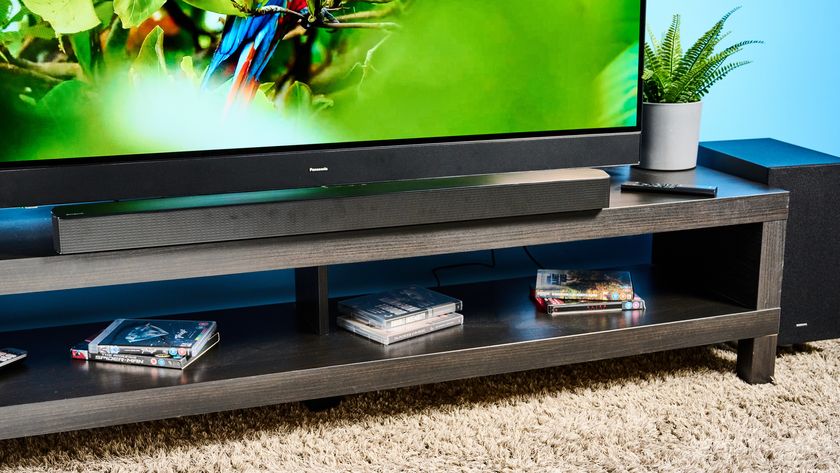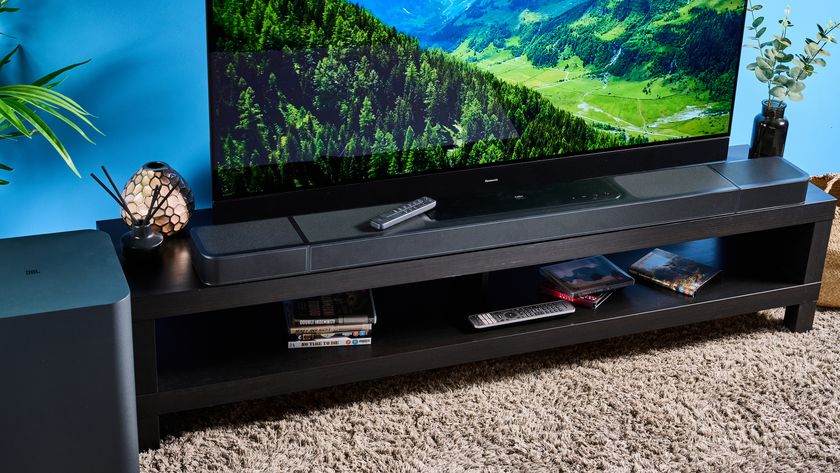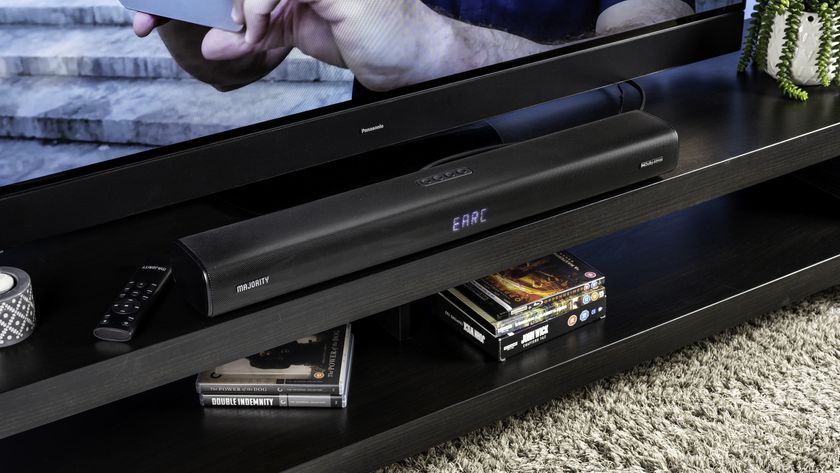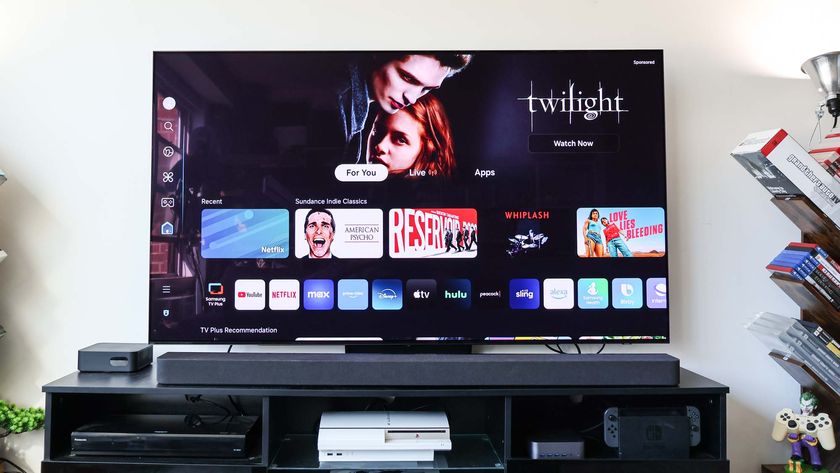This new Dolby Atmos soundbar is an impossibly compact 15 inches
MagniFi Mini AX supports both Dolby Atmos and DTS:X
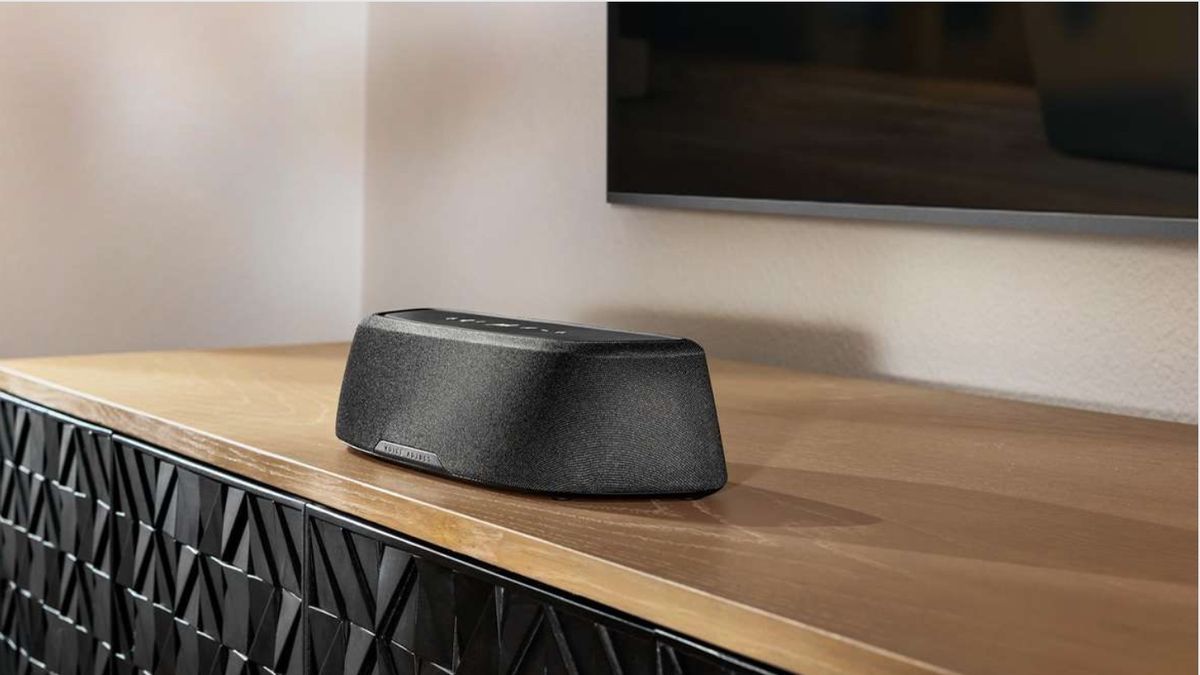
If you think good things can’t come in small packages, consider Polk’s MagniFi Mini AX soundbar. While measuring a mere 14.5 inches, this $499 still manages to pack in support for both Dolby Atmos and DTS:X.
Yes, the MagniFi Mini AX manages to find some extra room by being a little bit taller than some of the best soundbars at 3.1 inches. Still, it’s a compact device that still includes two tweeters and three 51mm mid-range cones for the center, left, and right channels. Meanwhile, the included subwoofer hits hard with a 127 x 178 mm driver.
Despite the MagniFii Mini AX’s sleek design and small form factor, it doesn’t seem as if Polk has shed too much in the way of functionality. The soundbar offers audio streaming via Bluetooth, Google Chromecast, Apple AirPlay 2, and Spotify Connect. It also comes packing eARC HDMI, optical, and aux ports. The MagniFi Mini AX even supports Roku TV, meaning you can set it up through a Roku TV menu.
The MagniFi Mini AX starts at $499 for just the soundbar and a wireless subwoofer, but you can opt to add on SR2 rear speakers for another $199, making this a reasonably priced setup for all but the most elite enthusiasts.
Read next: LG’s new 800W Dolby Atmos soundbar will blow you away.
We’ll need to hear the MagniFi Mini AX’s output for ourselves before we can determine if it can live up to Polk’s claims about audio quality of value. But with features like a 3D mode that claims to turn stereo audio into full surround-sound plus a night mode option grants you control over how much bass you want pumping through the system, these kind of features are certainly welcome in a device at this price.
Sign up to get the BEST of Tom's Guide direct to your inbox.
Get instant access to breaking news, the hottest reviews, great deals and helpful tips.
Billy Givens is a journalist with nearly two decades of experience in editing and writing across a wide variety of topics. He focuses particularly on games coverage for Tom's Guide and other sites including From Gamers Magazine, Retroware, Game Rant and TechRaptor. He's also written for self-improvement sites such as Lifehack and produced in-depth analyses on subjects such as health, psychology and entertainment.
